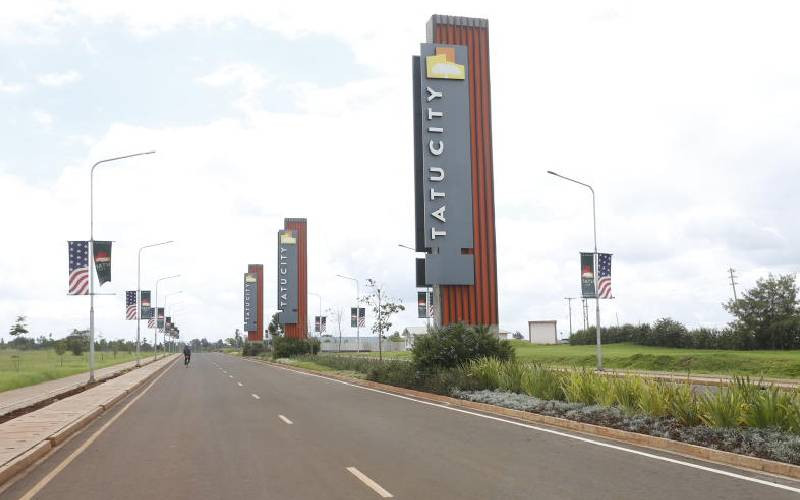×
The Standard e-Paper
Join Thousands of Readers

President William Ruto's Bottom-up Economic Transformation Agenda (Beta) is facing an aborted take-off as he institutes a Sh346 billion budget cut in the coming financial year.
The cuts, which have been necessitated by ongoing political unrest against his regime, not only put the planned development projects in jeopardy but also raise questions on if Beta is still the path to economic freedom.


